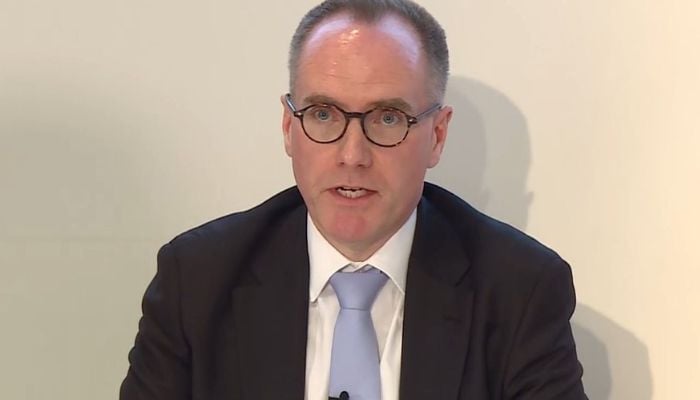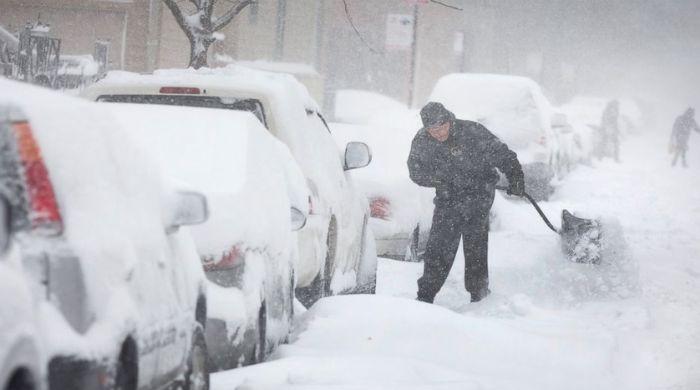OBR chief offers resignation after UK budget forecast leaks early, sparking chaos
‘Technical error’ blamed as UK budget details leak early
November 27, 2025

The chairman of Britain’s fiscal watchdog, the Office for Budget Responsibility (OBR) has offered to quit after the body’s Budget forecast was leaked online around 45 minutes before Chancellor Rachel Reeves delivered her statement to Parliament.
Richard Hughes, apologised for the “deep disruption" caused by the premature release.
He explained, “It wasn’t published on our website but there was a link that somebody managed to find. And that made it accessible, and then it was then disseminated. As soon as it was discovered, we took action to take it down. We take Budget security incredibly seriously, which is why this investigation is already under way and will report very swiftly by early next week.”
“Personally, I serve day-to-day subject to the confidence of the Chancellor and the Treasury committee. If they both conclude, in light of that investigation, they no longer have confidence in me then of course I will resign, which is what you do when you’re the chair of something called the Office for Budget Responsibility,” he added.
Since then, he launched an urgent investigation, enlisting Ciaran Martin, the former chief executive of the National Cyber Security Centre, to lead the inquiry.
The leak sent immediate turmoil in Westminster and financial markets. During Prime Minister’s Questions, Chancellor Reeves was seen urgently reviewing details on a phone passed to her by an aide.
Shadow Chancellor Sir Mel Stride noted the severity of the incident, highlighting that the document contained market-sensitive information and that its early publication could constitute a criminal offence.
Despite the chaos, Chancellor Reeves expressed continued confidence in Hughes and the OBR, asserting that the error “must never happen again.”











